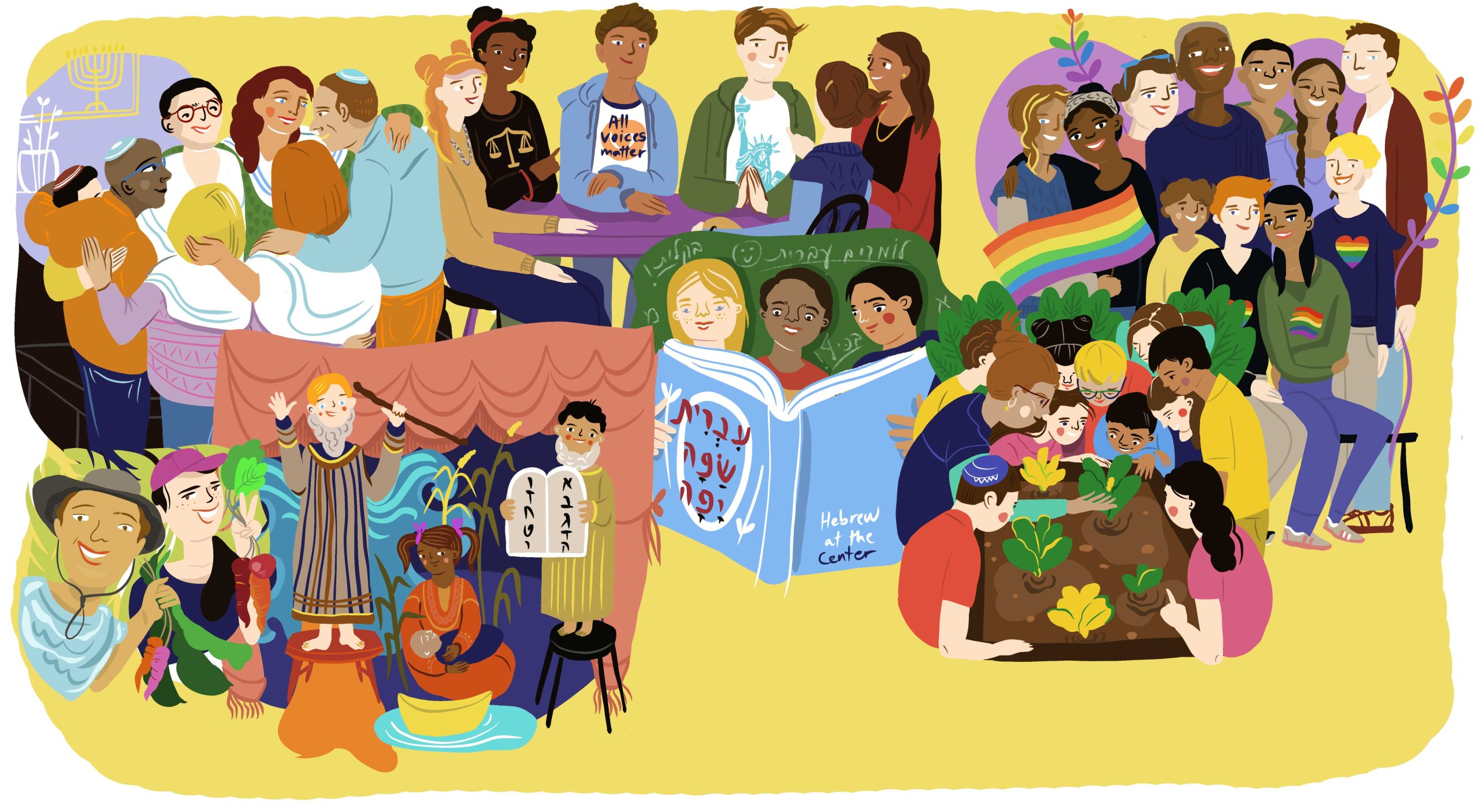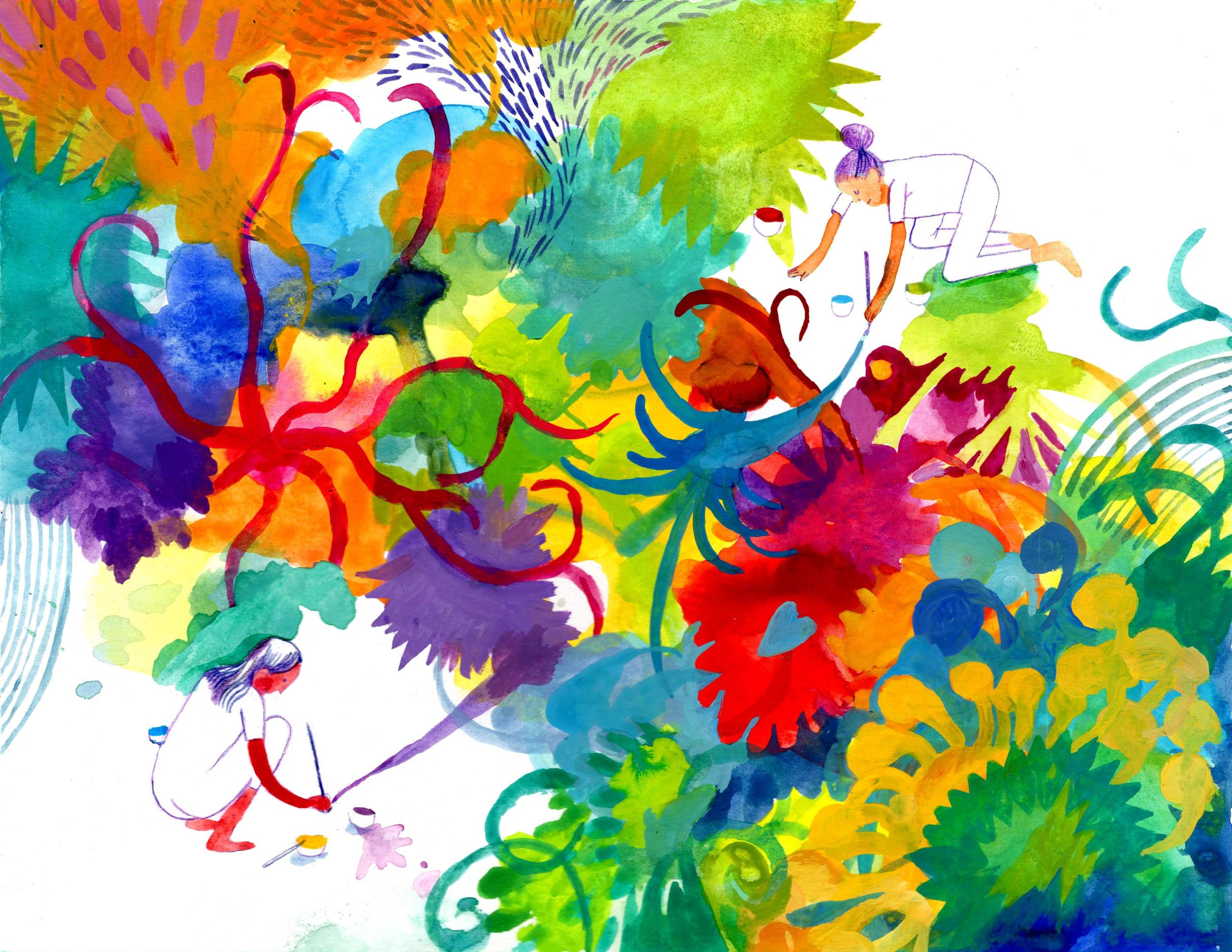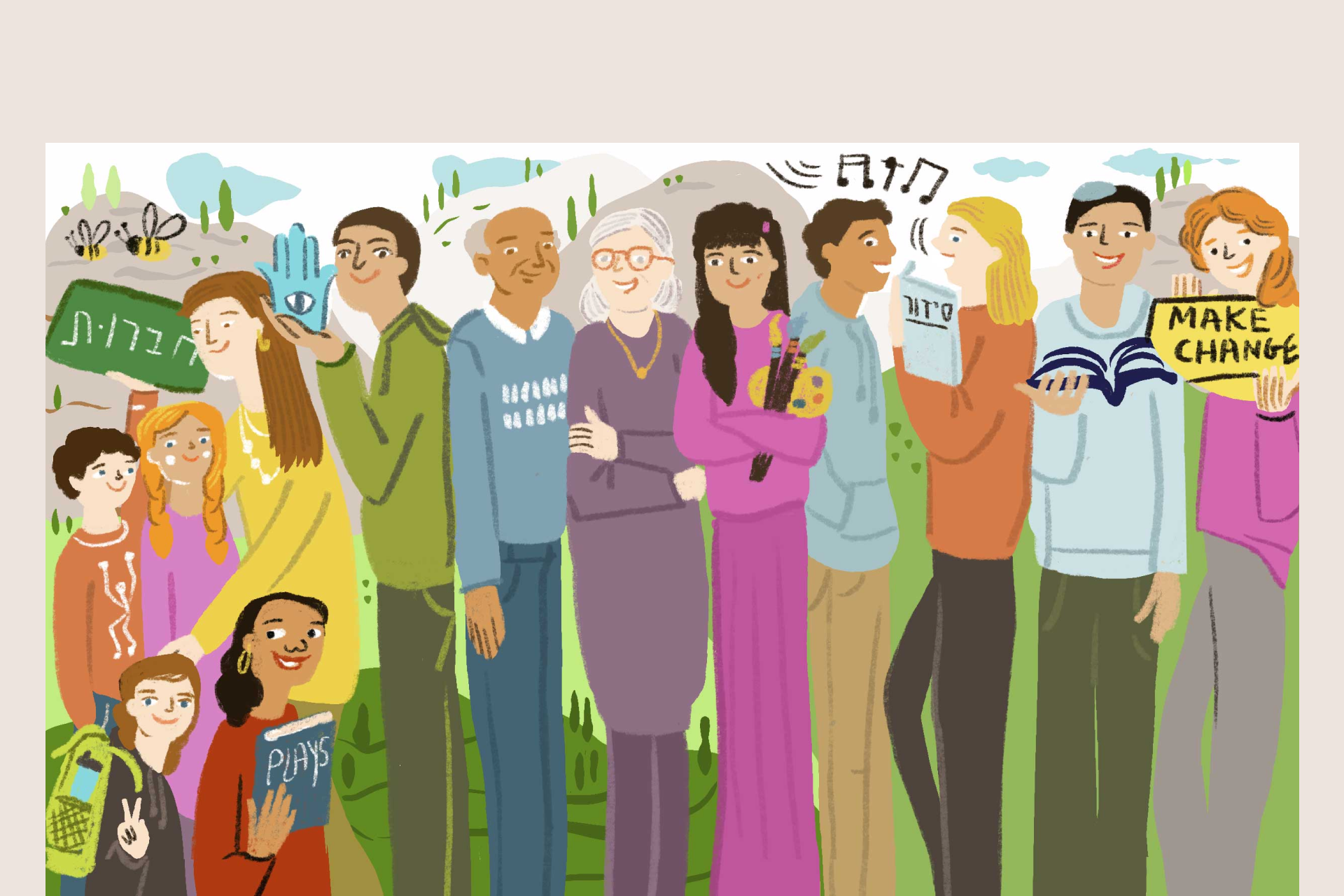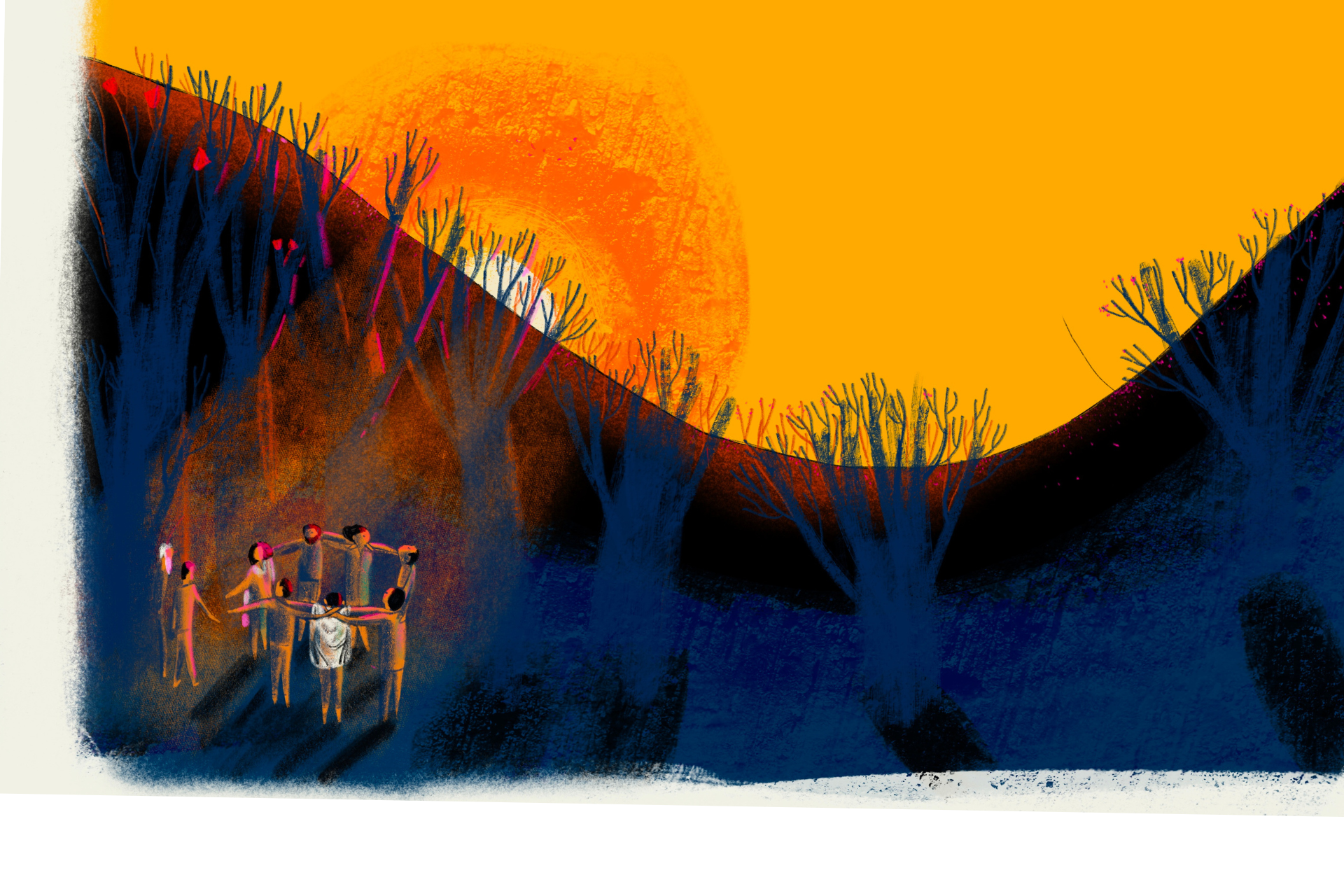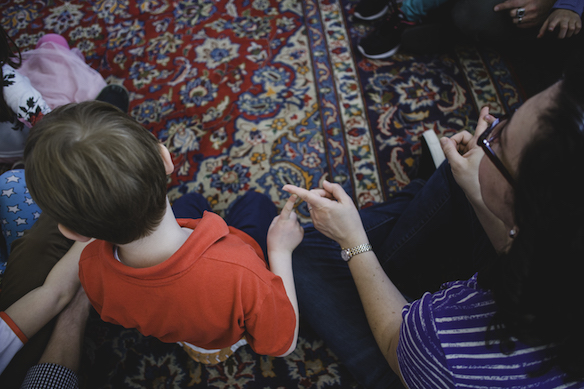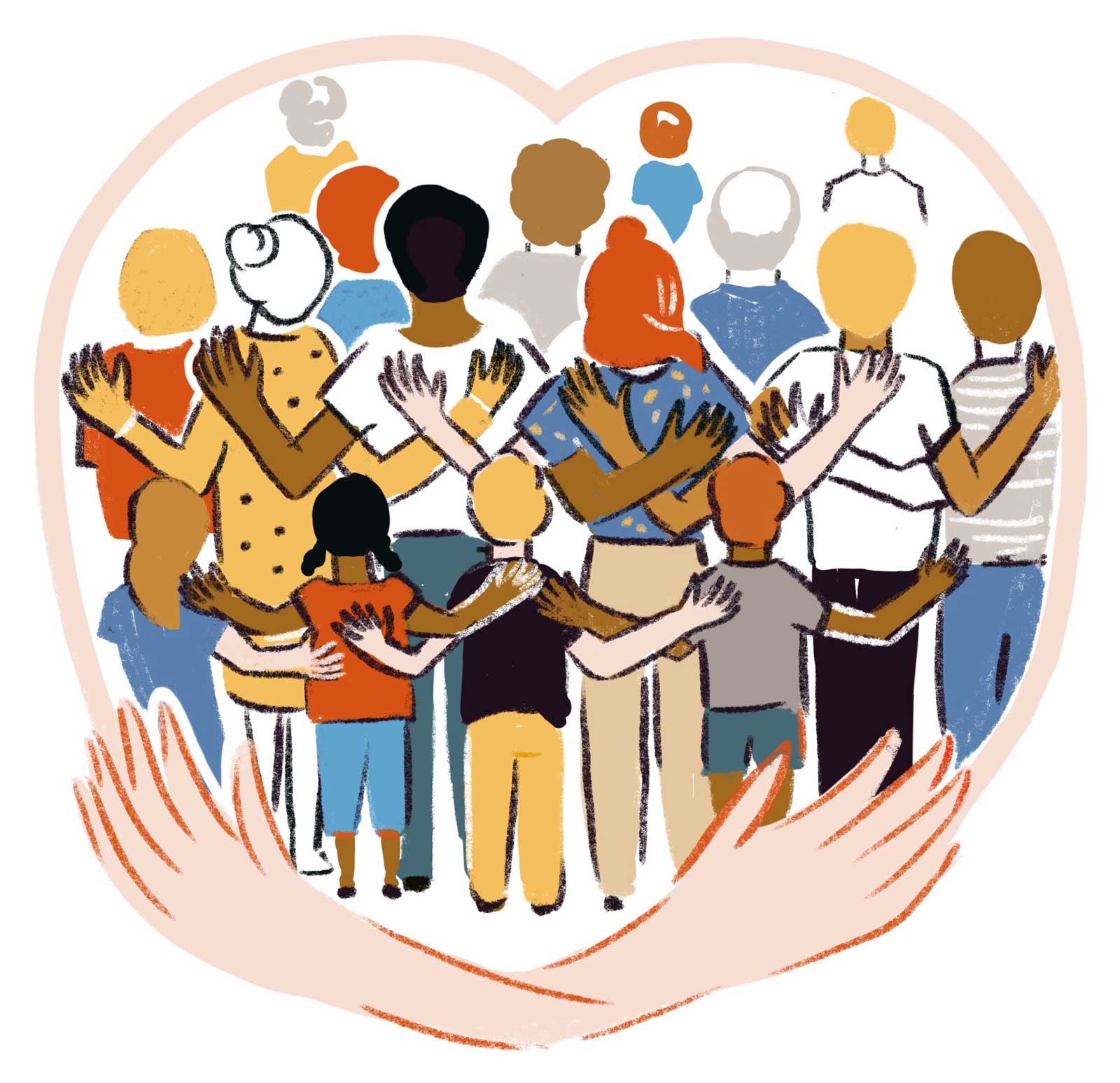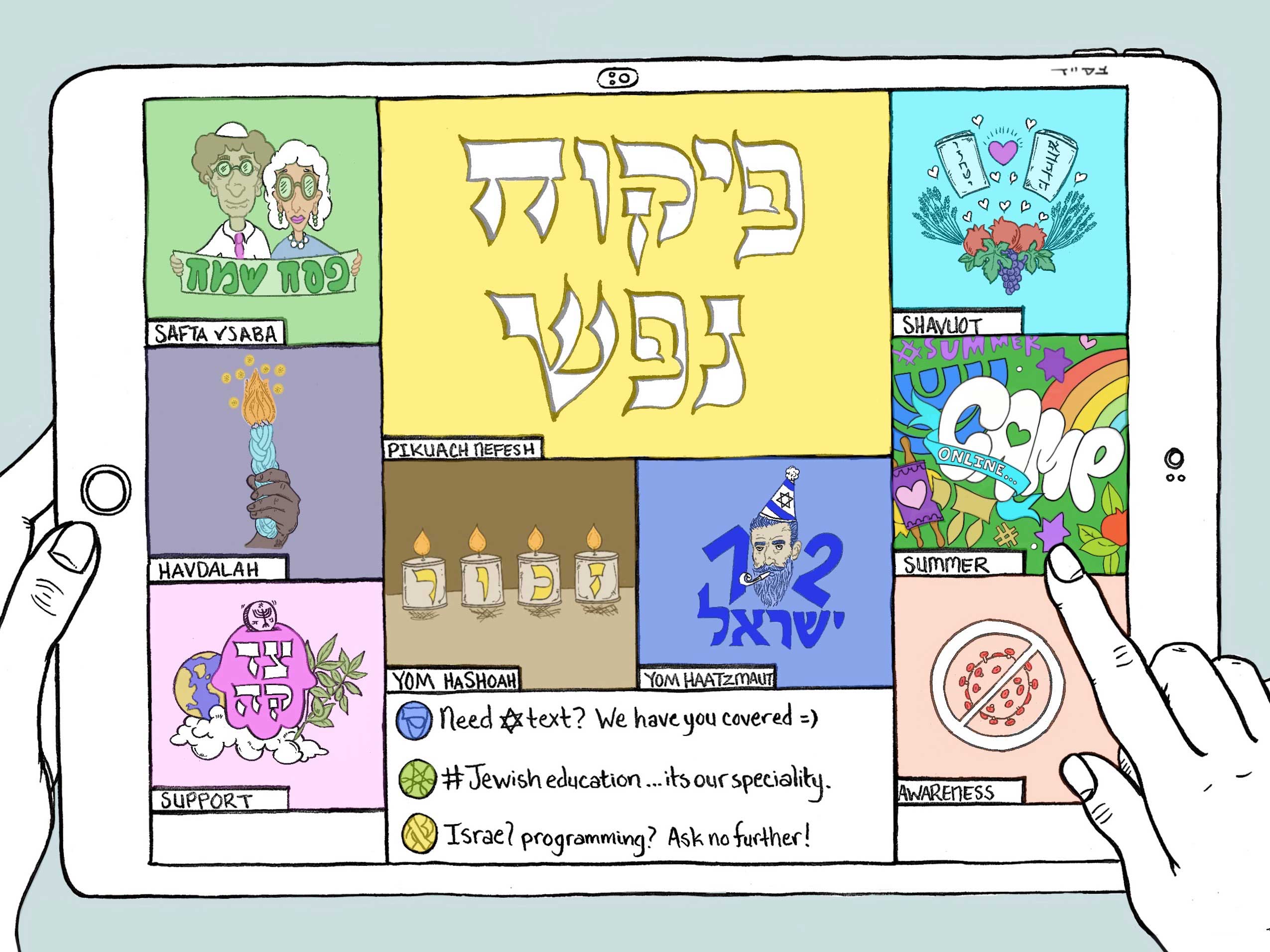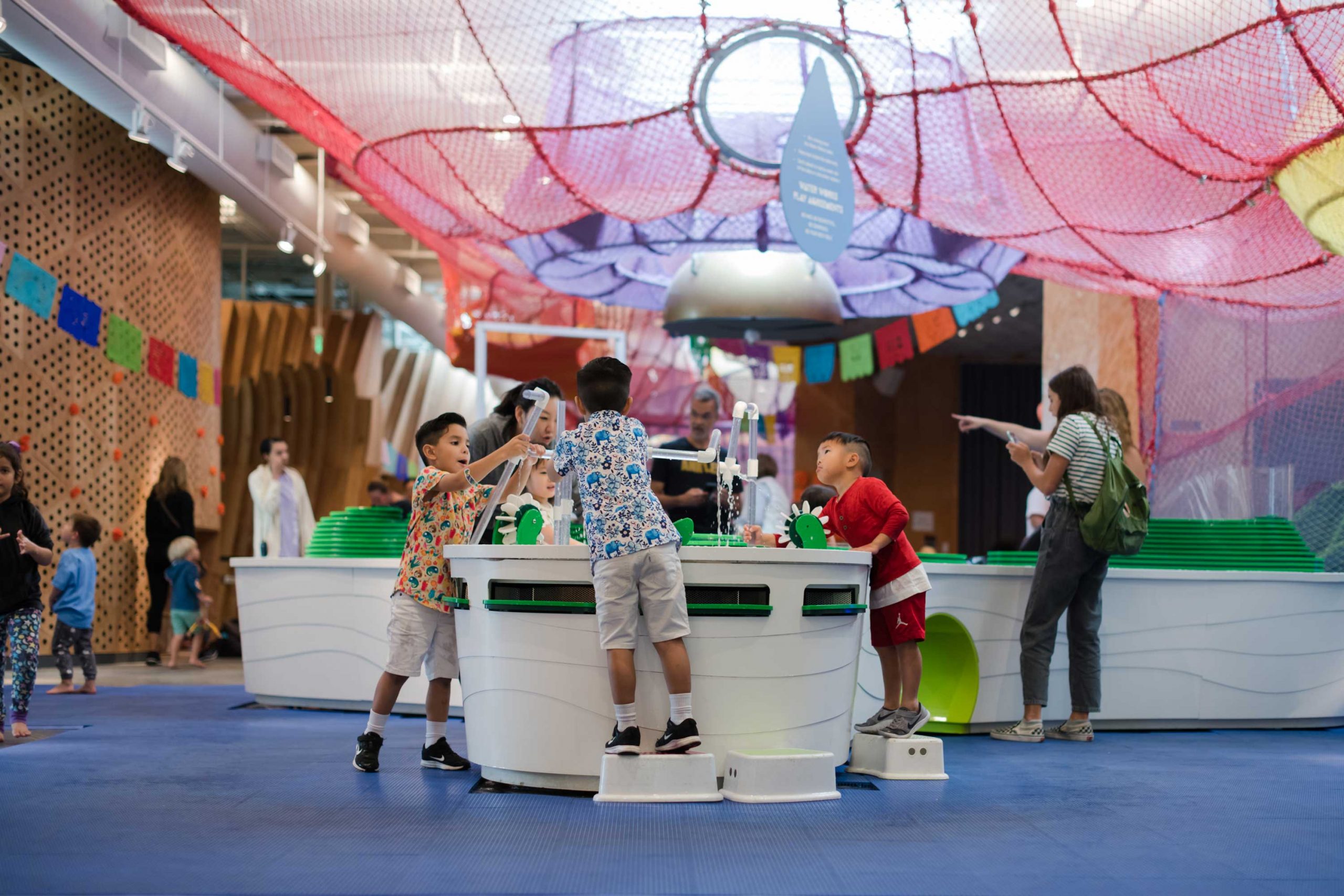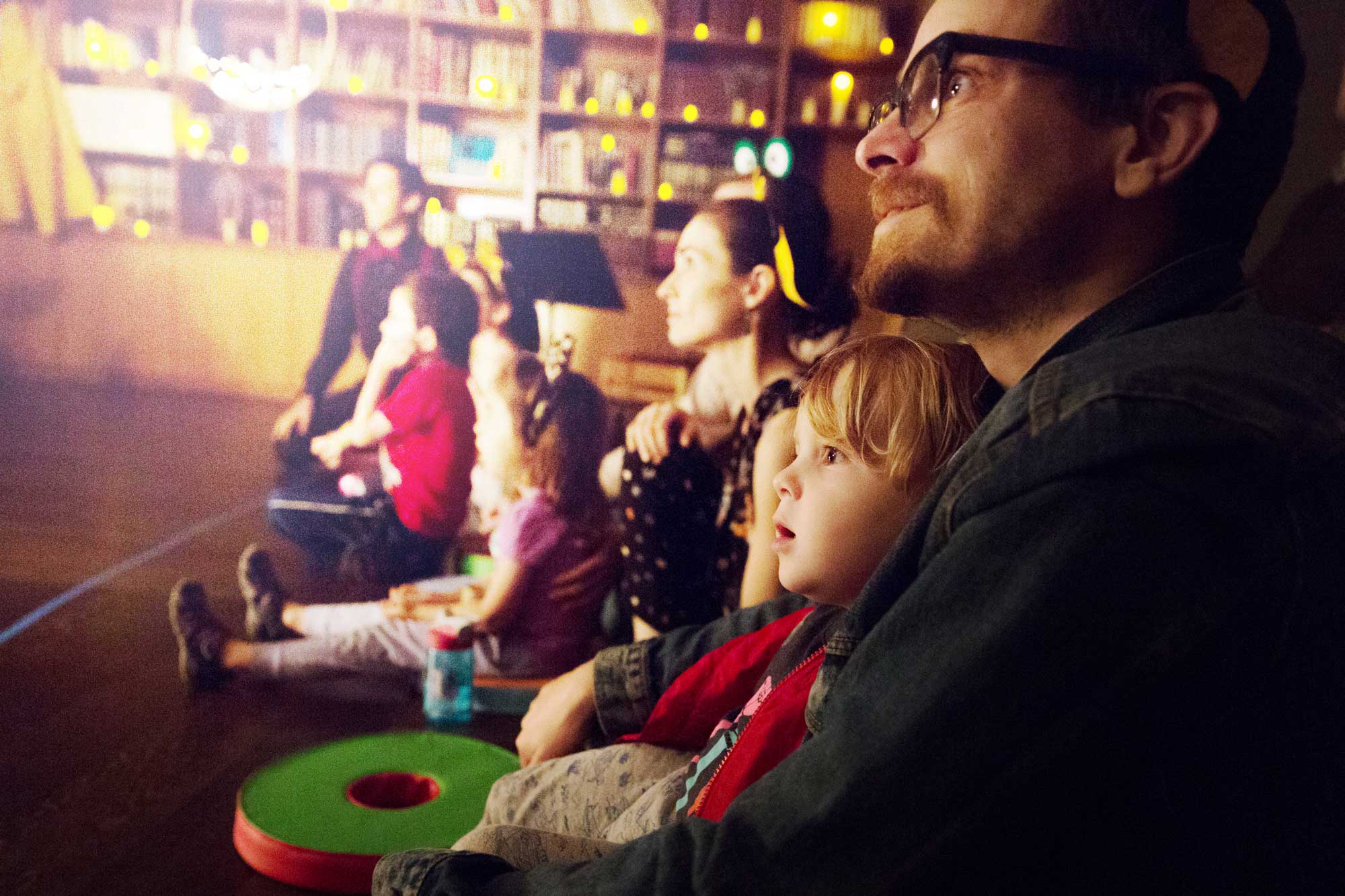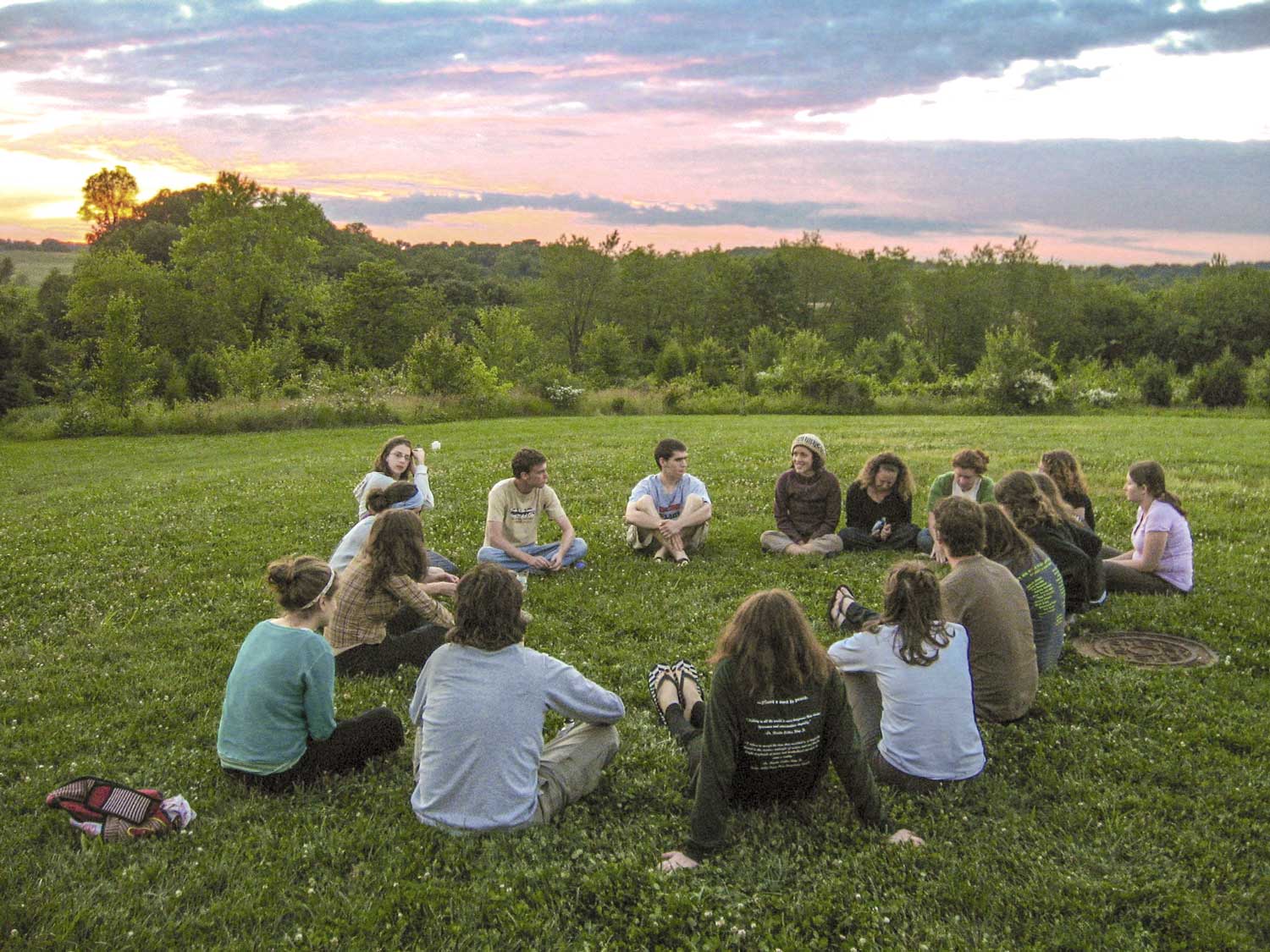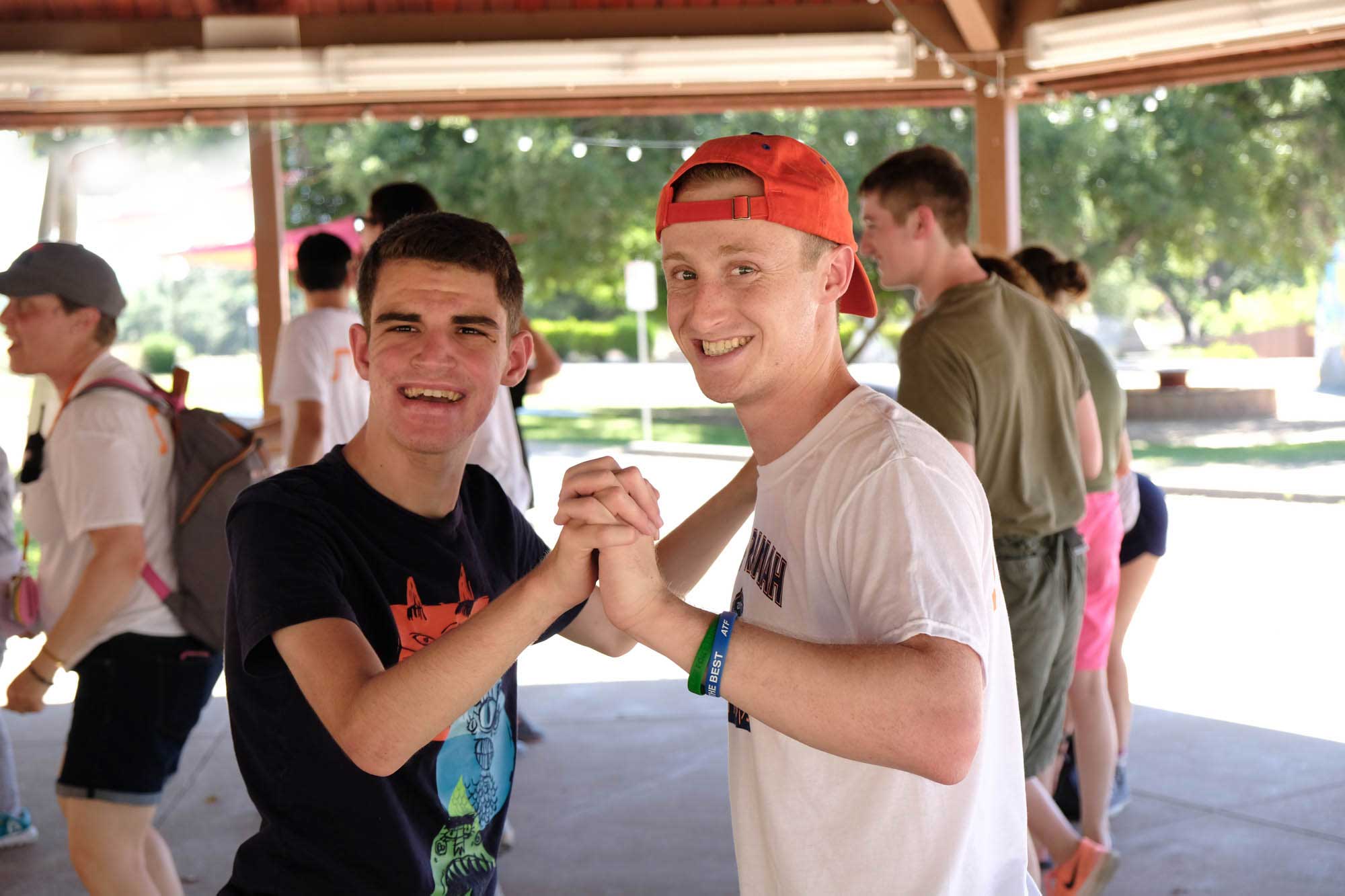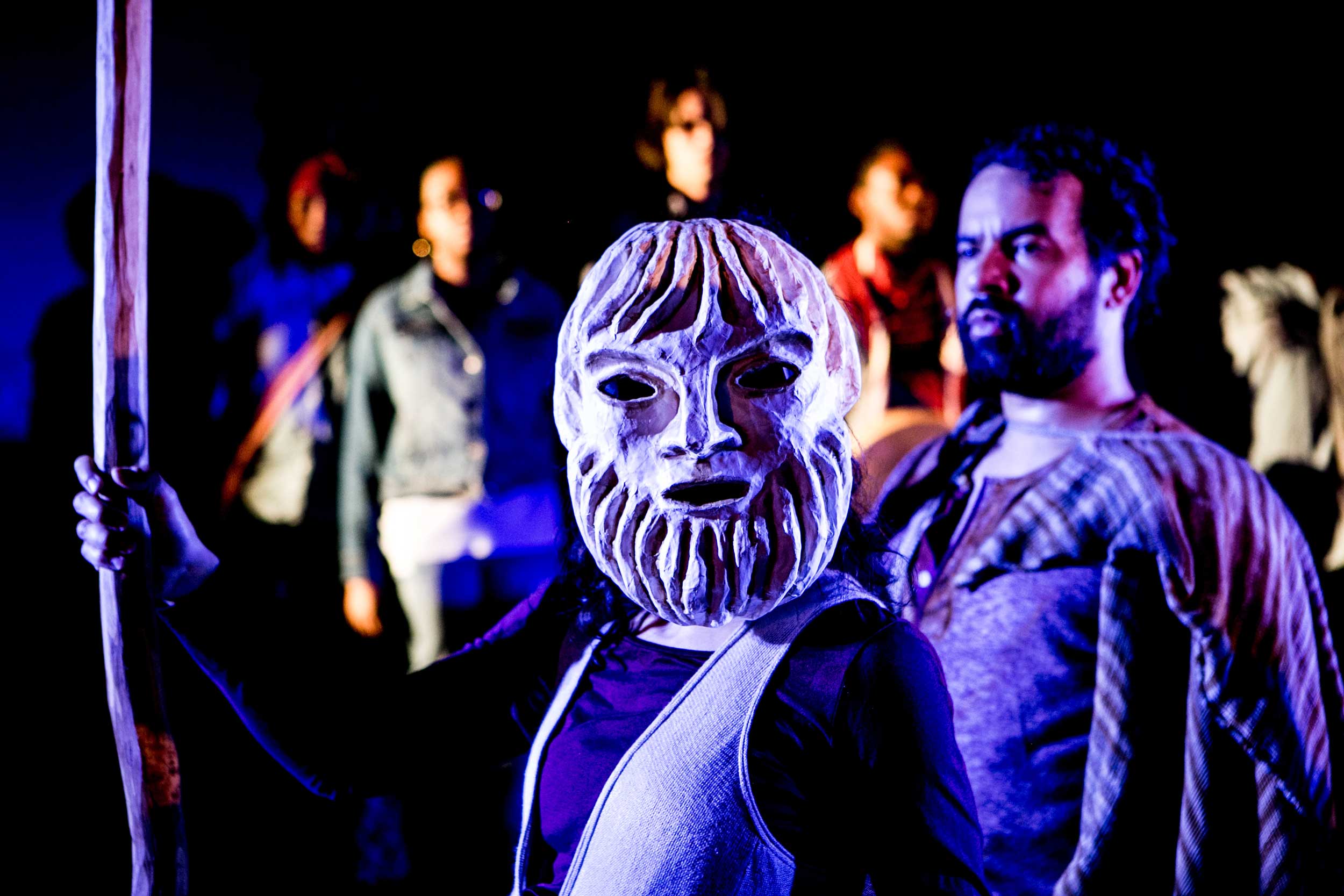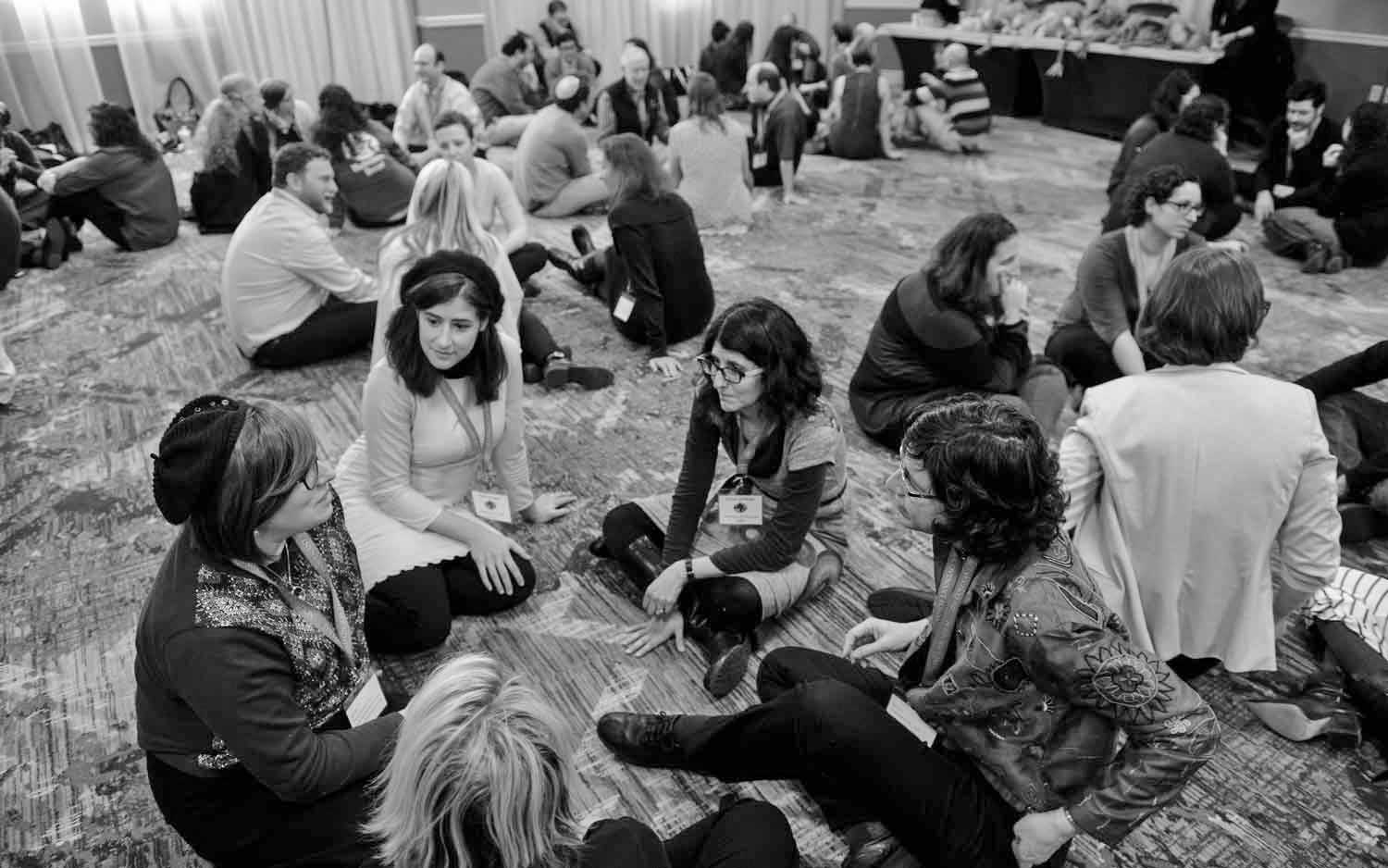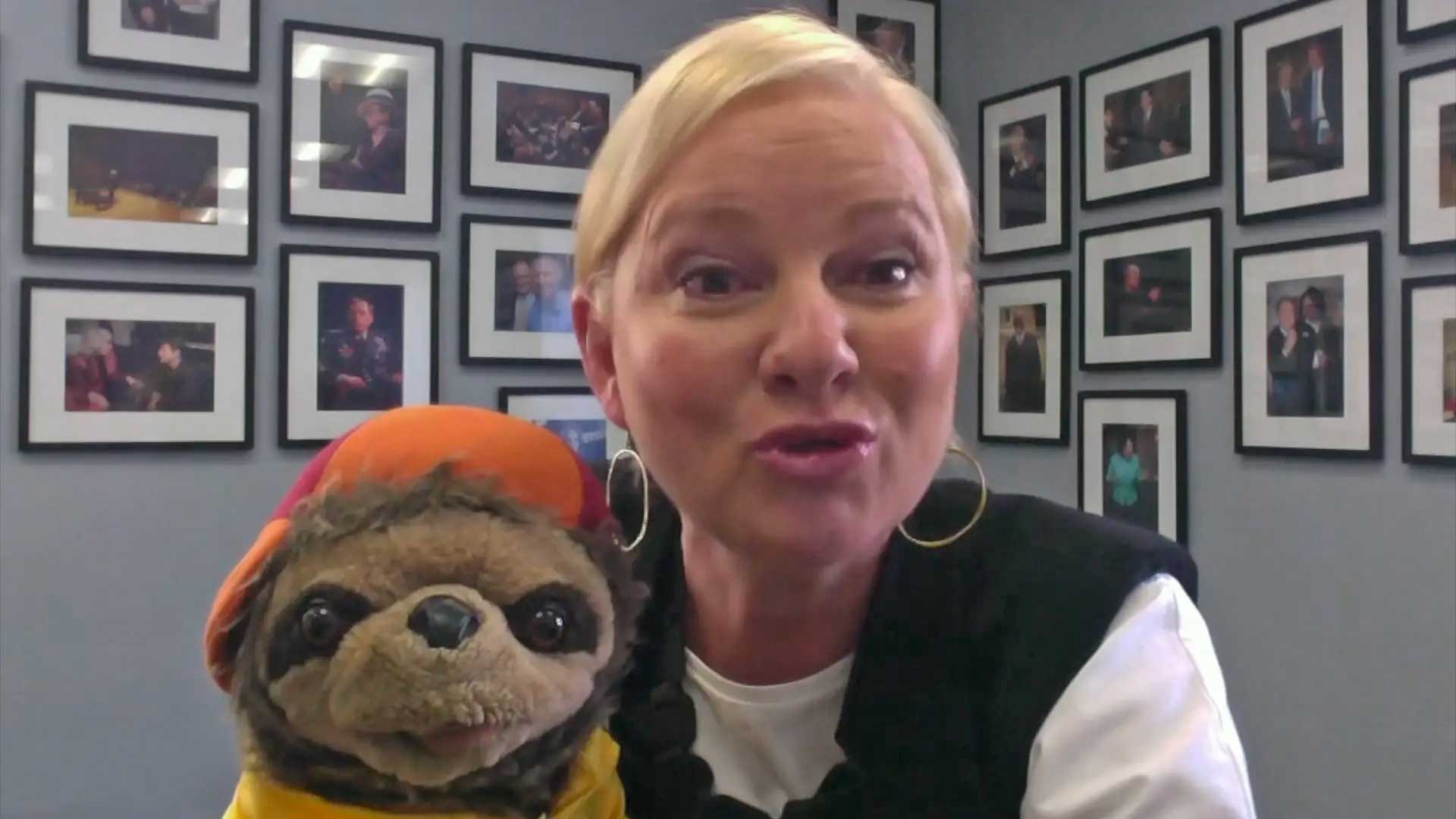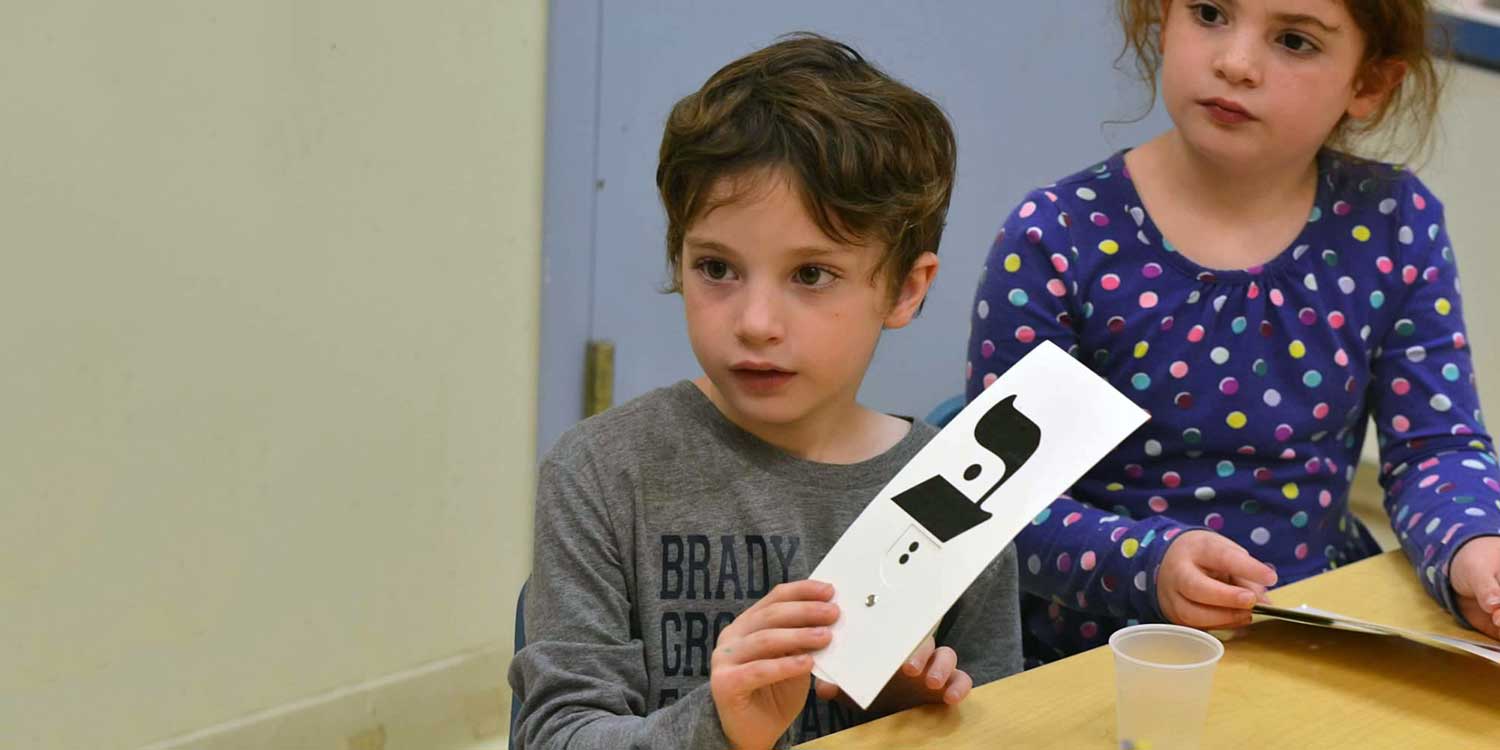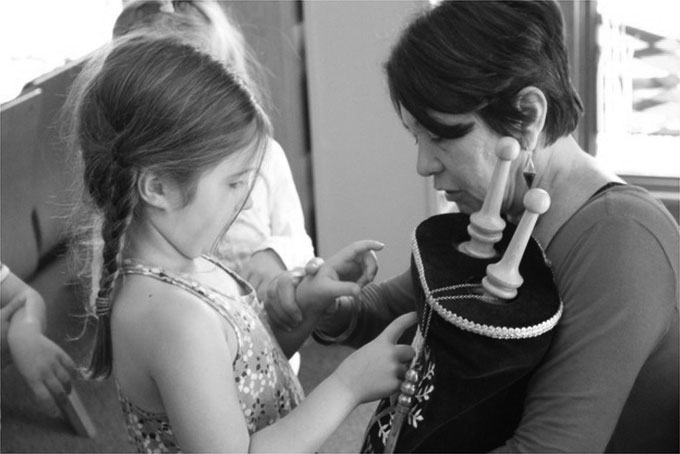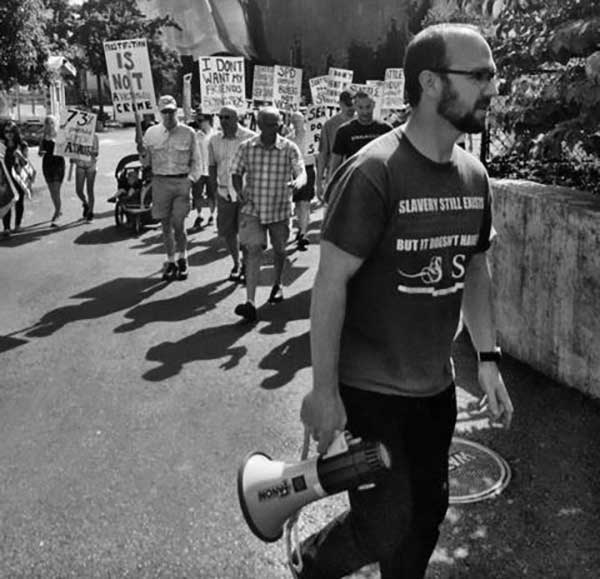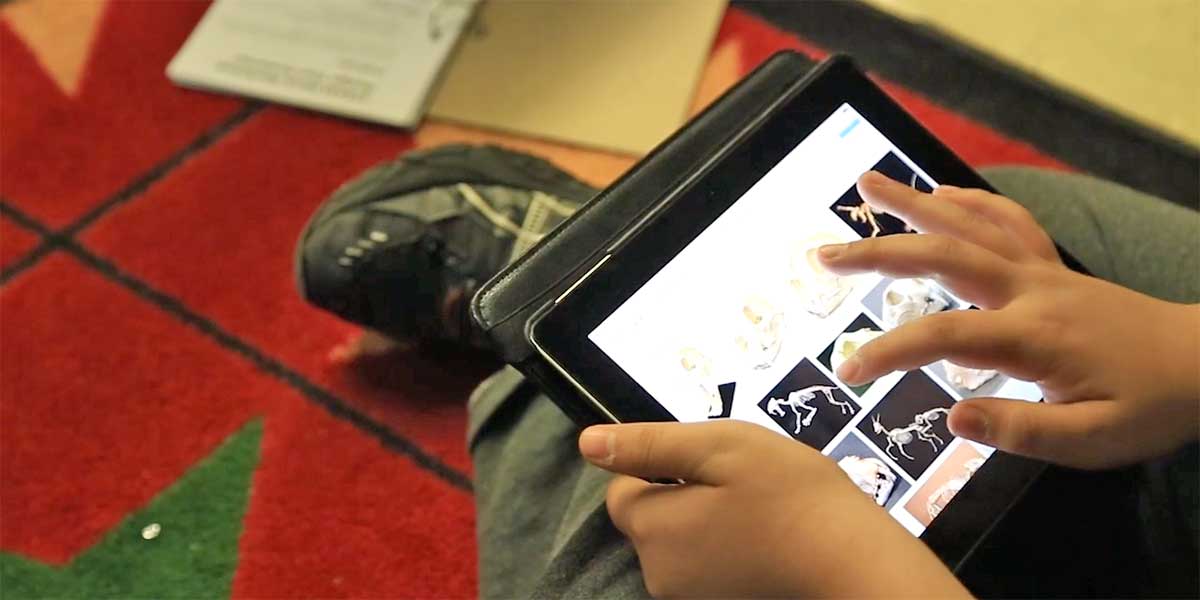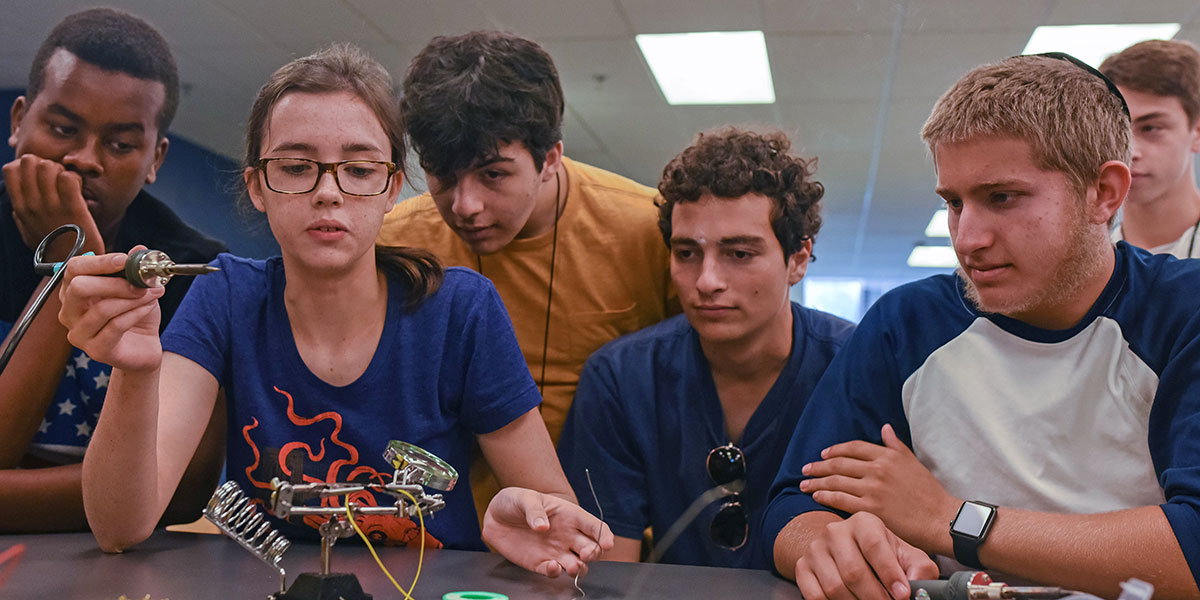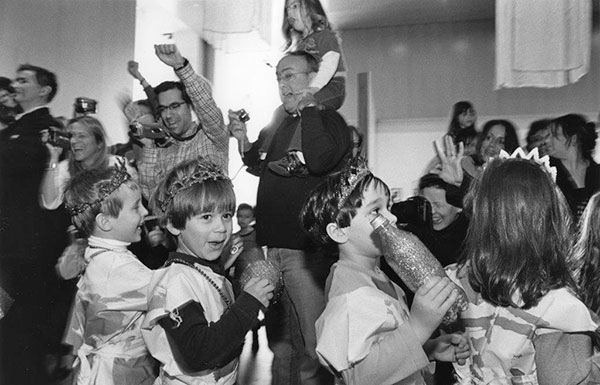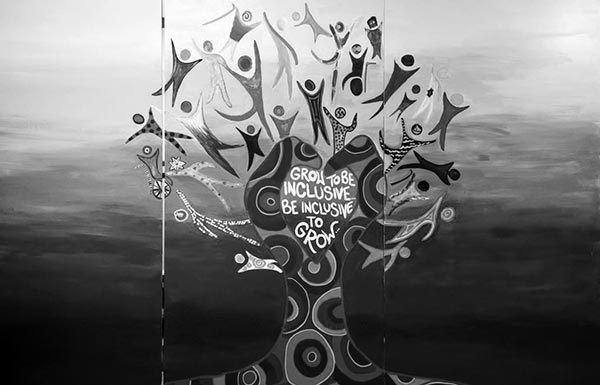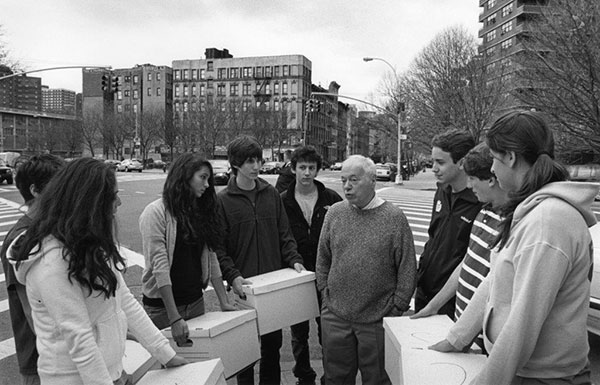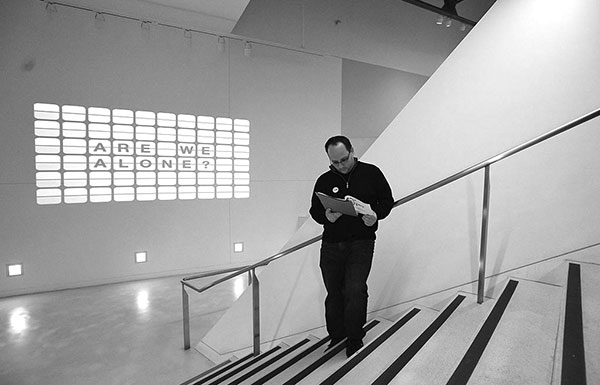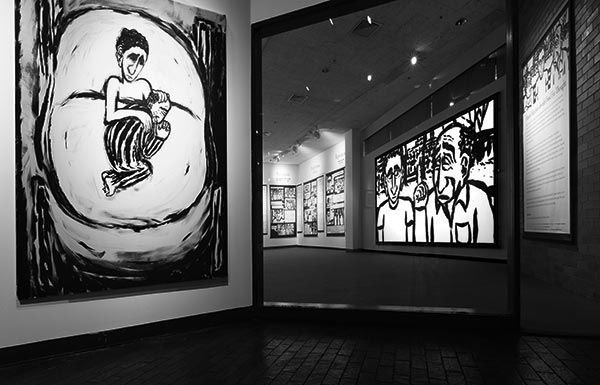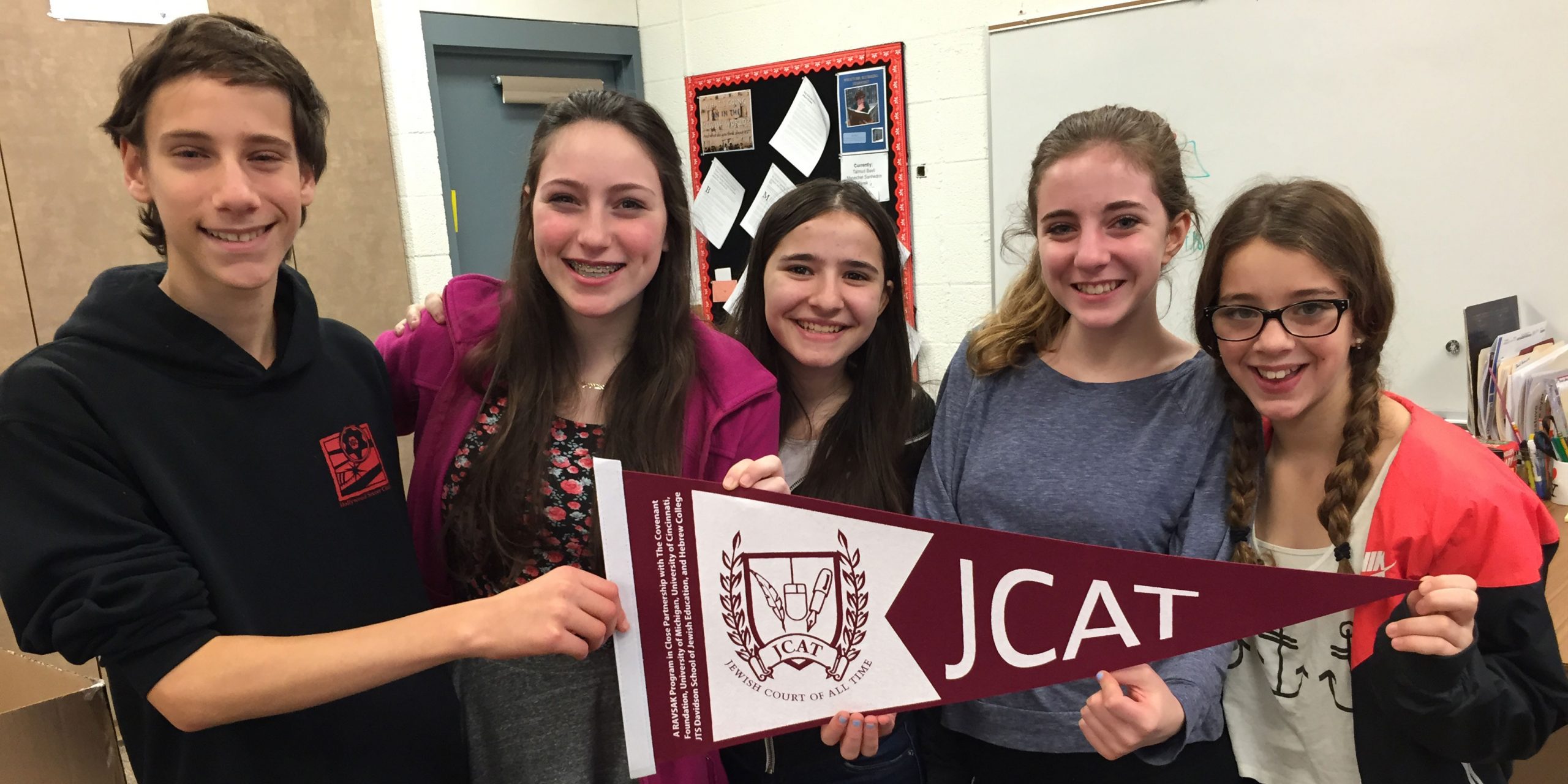
ARTICLE Learning from History with JCAT: Twelve Years Later
For more than a decade, the Jewish Court of All Time (JCAT) online trial-simulation program has empowered middle school students to engage with crucial questions of Jewish history from the diverse perspectives of historical and contemporary figures.
First funded by The Covenant Foundation in 2009, when RAVSAK, the former Jewish Community Day School Network, received a Covenant Foundation Signature grant, the program is currently run by Dr. Meredith Katz, Clinical Assistant Professor of the Wiliam Davidson Graduate School of Jewish Education at JTS. In its current iteration, JCAT engages 20 Jewish day schools, from Seattle to Jacksonville, to participate in two parallel trial simulations for 10 weeks in the fall semester. Approximately 450-500 students play 150-200 characters.
“Choice of character is very important to the students. JCAT gives them an opportunity to be someone who is different, to experiment, to say things they don’t normally get to say in school,” explained Katz.
“A strength, and potentially an inflection point, is the extent to which we’re able to make JCAT feel distinctive or not quite like school,” Dr. Jeff Stanzler said of the program’s long-term success. Stanzler is a JCAT Project Director and the Director of the Interactive Communications & Simulations group at the University of Michigan. The program activates the power of “bringing a playful spirit to learning,” he said.
One of the reasons this program has appealed to participating teachers for so many years is that JCAT can jumpstart difficult but necessary conversations in the classroom. The court cases are modern, relevant for our time, and often controversial. The diversity of characters reflects JCAT’s approach to Jewish history.
“Jewish history doesn’t happen in a vacuum,” Katz explained. “We’ve always influenced, and been influenced by, the people with whom we live.”
What might George Steinbrenner say about the ban on students wearing kippot and hijabs in French schools? How might Moses Maimonides and Barack Obama discuss Black-Jewish relations?
“No matter how diligent the student is, they can’t look up the answers,” Stanzler said. Instead, their work is “intellectual, expressive, and conjectural. Students have to think about not only what their character would say, but also how they would say it,” Stanzler added.
To encourage students to express themselves while using the online platform wisely, JCAT has worked with veteran educators to develop digital citizenship guidelines. During the simulated trials, students benefit from the input of graduate student mentors and, of course, the support and guidance of their classroom teachers, whose feedback helps to shape the program.
JCAT continues to evolve. It is midway through piloting a trial simulation specifically designed for congregational schools. The congregational school pilot was made possible by funding from the William Davidson Foundation in support of the William Davidson Graduate School at JTS. The Mandel Teacher Educator Institute has also partnered, building dynamic conversations and professional development opportunities around the pilot.
Thinking about JCAT’s future, Meredith Katz pointed to the potential of “merging the JCAT world with the real world.” In the JCAT world, Jewish students from around the U.S. are learning together about civic engagement. Perhaps someday the program could culminate with students meeting and working to create change in the real world. Together, they could discover new answers to a core question and challenge of JCAT: “What does it mean to learn from history?”
By Miriam Haier, for The Covenant Foundation
More to Consider
- The Jewish Court of All Time: Role Playing for Civic Engagement (eJewish Philanthropy, March 2020)
- Modeling and Learning Thriving Through Civic Engagement (Dr. Meredith Katz, JTSA)
- The Enchantment Factor: A Conversation on the Pedagogical Benefits of the JCAT Virtual Space (January 2019)
- Engage with a Text, Watch the World Unfold: RAVSAK's Case for Jewish Literacy (December 2018)
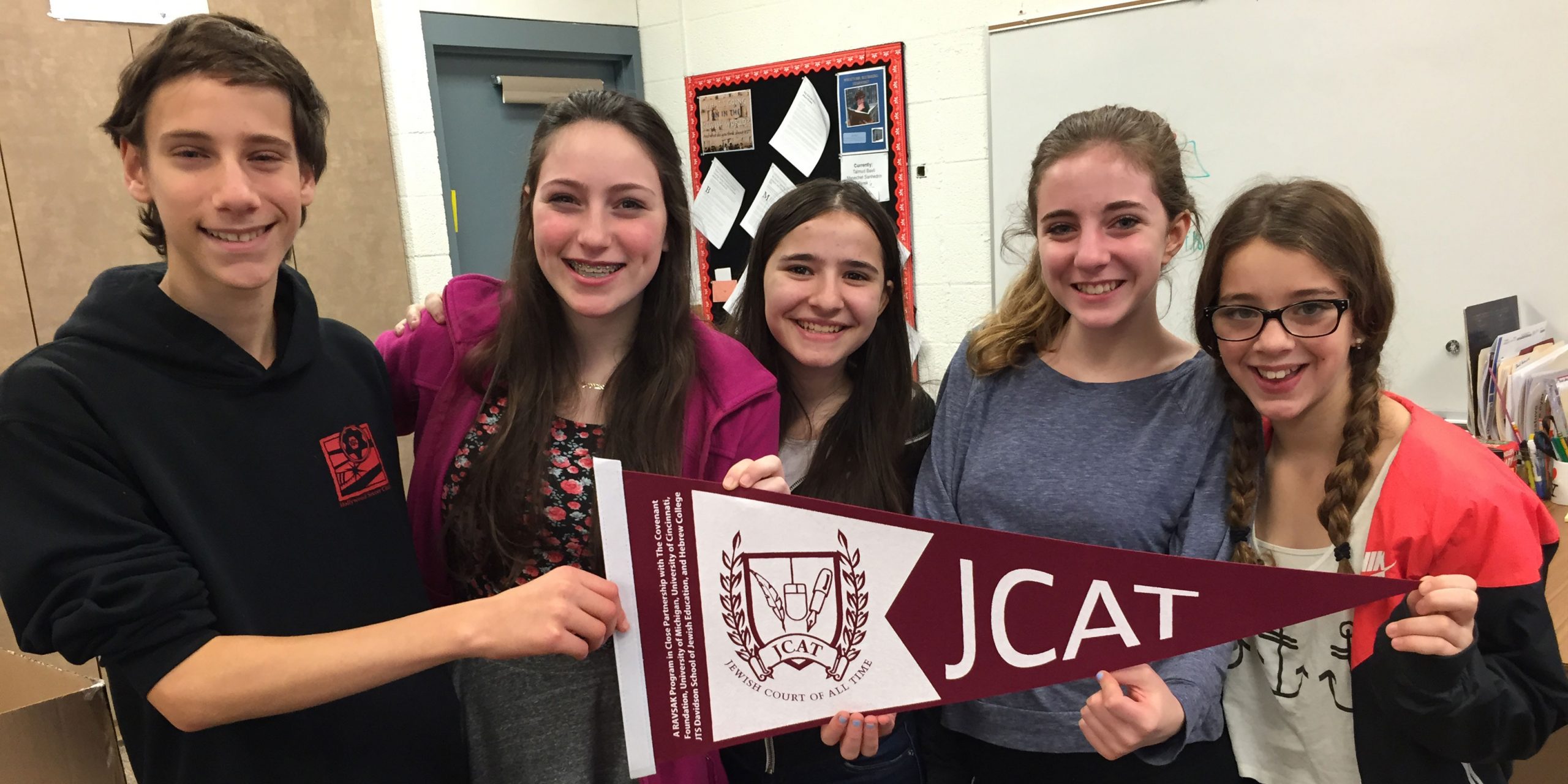
The Enchantment Factor: A Conversation on the Pedagogical Benefits of the JCAT Virtual Space
998


